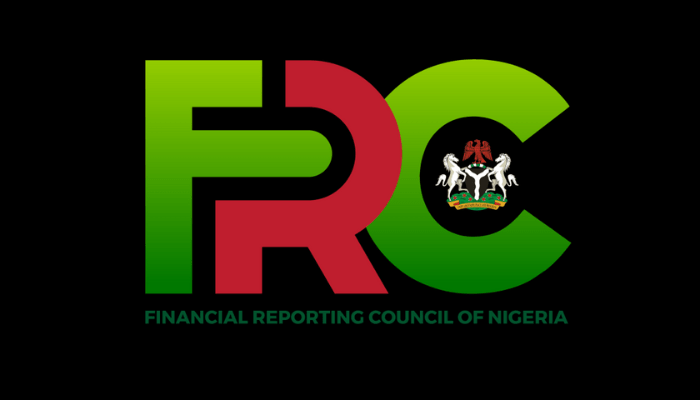The Financial Reporting Council (FRC) of Nigeria has clarified that the country has not reached the point of a hyperinflationary economy, and therefore, International Accounting Standard (IAS) 29, which deals with financial reporting in hyperinflationary economies, should not be applied to the preparation of financial statements for the 2024 financial year.
In a press release signed by Dr. Rabiu Olowo, FRC’s Executive Secretary/CEO, the council stated that determining hyperinflation involves careful judgment and consideration of various economic indicators. After a thorough evaluation of these indicators, the FRC concluded that Nigeria does not currently meet the criteria for a hyperinflationary economy, and IAS 29 is not applicable at this time.
Dr. Olowo explained that the FRC had engaged with various stakeholders, including professional accounting bodies, external auditors, government regulatory agencies, and public interest entities, to objectively assess the economic environment in Nigeria. The assessment focused on the five key indicators outlined in IAS 29 to evaluate the relevance and applicability of the standard in Nigeria amidst ongoing inflationary trends.
One of the indicators analyzed was whether the general population prefers to hold wealth in non-monetary assets or stable foreign currencies. The FRC found no evidence that Nigerians were rejecting the local currency, the Naira. Data showed that Nigerians continue to transact in Naira and invest in Naira-denominated assets, reflecting confidence in the local currency.
Additionally, data from the Central Bank of Nigeria (CBN) and financial institutions indicated a rise in investments in monetary assets such as treasury bills, mutual funds, and deposits over the past three years. Similarly, Nigeria’s pension assets, which are largely in monetary assets, grew significantly, reaching N22.25 trillion as of November 2024, up from N18.35 trillion in December 2023.
As a result, the FRC concluded that there is no widespread rejection of the Naira as a medium of exchange in Nigeria, and the country does not yet meet the conditions for applying IAS 29. The FRC will continue to monitor Nigeria’s economic situation and update its stance as necessary.




